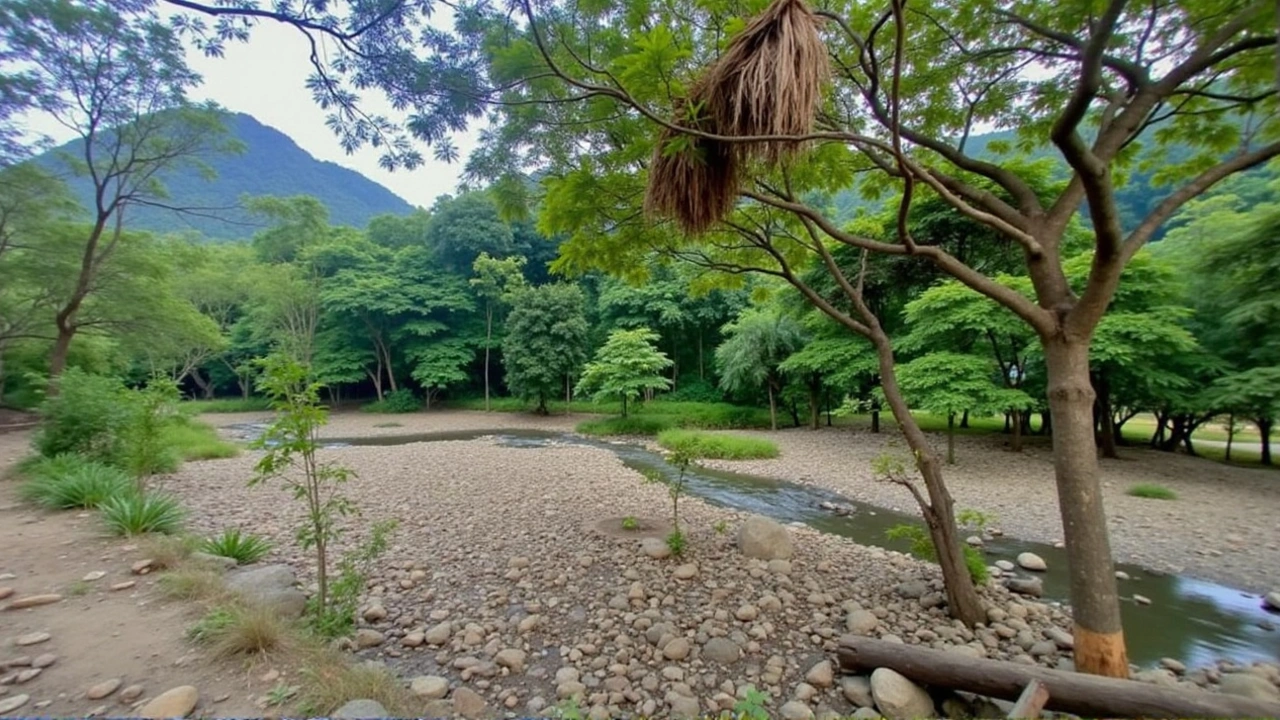Water shortage: what it means for your meds, health, and daily care
A lack of water changes more than showers and lawns. It changes how you take medicines, how you stay hydrated, and how you keep wounds and hands clean. You don’t need panic — you need a short checklist and a few practical fixes. Below are clear, useful steps you can use right now.
Immediate actions for medications and hydration
First, look through your medicines. Which ones need water to swallow, to mix, or to store? Many pills are fine without water but swallowing is easier with a sip. If tap water is unsafe, use bottled water or boiled-and-cooled water to take pills. For liquid medicines that need to be reconstituted (often antibiotics), check the label. If the label says mix with water, call your pharmacist — some pharmacies can provide pre-mixed versions or advice on safe alternatives.
If you rely on medicines that require large amounts of water (for example, some oral suspensions or certain wound cleansers), ask your provider if tablet or alternative forms exist that need little or no water. Also, if you take pills that must be swallowed whole, try moistening your mouth with a wet cloth or a small sip if water is very limited — but prioritize safe drinking water where possible.
Dehydration risk rises fast when water is scarce, especially in hot weather. Keep a small supply of oral rehydration solution (ORS) or electrolyte drinks. You can make a simple ORS by dissolving six teaspoons of sugar and half a teaspoon of salt in one litre of safe water. Use bottled or boiled-and-cooled water if your tap is unsafe.
Hygiene, wound care, and when to call for help
Good hand hygiene prevents infections when water is short. Use alcohol-based hand sanitizer (at least 60% alcohol) for routine hand cleaning. If you must clean a wound and sterile saline isn’t available, boiled-and-cooled water is acceptable for a short time, but see a doctor if the wound is deep, dirty, or shows signs of infection.
Storing medicines matters when water shortage coincides with heat or humidity. Keep meds in a cool, dry place away from direct sunlight. If power outages happen, follow storage instructions for temperature-sensitive drugs (like some eye drops or certain liquid meds). Your pharmacist can tell you whether a drug loses potency quickly in warmer conditions.
If you use dialysis, have a feeding tube, or depend on medical equipment that needs water, contact your care team immediately. They can arrange supplies, change treatment plans, or direct you to emergency resources. Same if you have severe dehydration signs — confusion, very low urine output, fast heartbeat — get medical help fast.
Small planning pays off: keep a 3–7 day supply of safe drinking water if you can, store medicines correctly, and talk to your pharmacist about alternatives that use less water. Need help thinking through a specific medication? Ask your pharmacist or doctor — they can give direct, safe advice for your situation.

